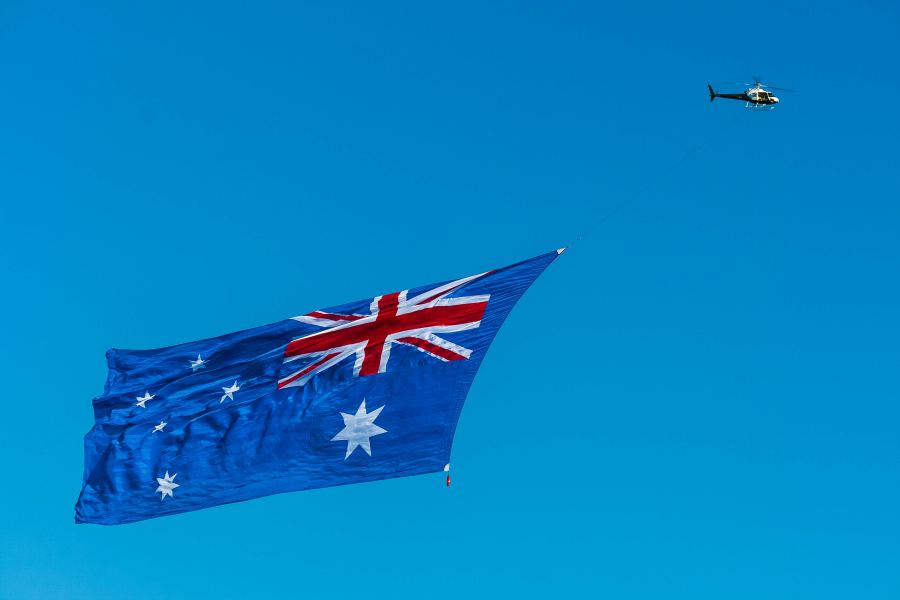
Australia has attacked the UK and EU's Brexit plans to split quotas of food imports from around the world.
Australia joins a list of seven agricultural powerhouses who are angry with the plans, such as the US, Canada and Argentina. They have signed a letter to the EU objecting to the plan to split agricultural tariff rate quotas, or TRQs.
There is now a general consensus between UK and EU that TRQs should be divided based on historical imports and consumption.
But Australian trade minister Steven Ciobo said the plans would impose "unacceptable restrictions" on their exports.
He told BBC Radio 4's Today programme: "The point is that you have a choice about where you place your quota at the moment.
"Therefore, given that you could put it in the UK or you could put it into continental Europe, why would we accept a proposition that would see a decline in the quota available because of the Brexit decision?"
Third governments
Dave Harrison, from Beef and Lamb New Zealand, agreed that the agricultural industry could be impacted if they were not allowed to choose where to import more or less of their products.
He told the Today programme: "We understand that Brexit causes a lot of difficulties for the European governments, but we don't think third countries should have to take a hit in terms of their negotiated legal rights as a result of that."
A letter spear-headed by the US released in October said: “We cannot accept such an agreement.” The seven countries are displeased that they had not been consulted on the negotiations.
“These TRQs were achieved through a delicate balance of concessions and entitlements that is fundamental to the global trade architecture today.”
It goes on to stress that no calculation of Britain’s tariff-rate quotas could be agreed at the WTO “without our agreement.”
The letter suggests that Britain and the EU could not just negotiate with each other, and that they might need to redo the entire system of import tariffs.
'Smooth transition'
A Department for International Trade spokesman said: “As we leave the EU, we will need to update the terms of our World Trade Organisation membership to reflect an independent UK trade policy.
“We want to ensure a smooth transition which minimises the disruption to our trading relationships with other WTO members and tariff rate quotas are one of the issues that we are discussing with them. This is largely a technical process and we will continue to engage WTO members including Australia in an open, inclusive and transparent way.”
